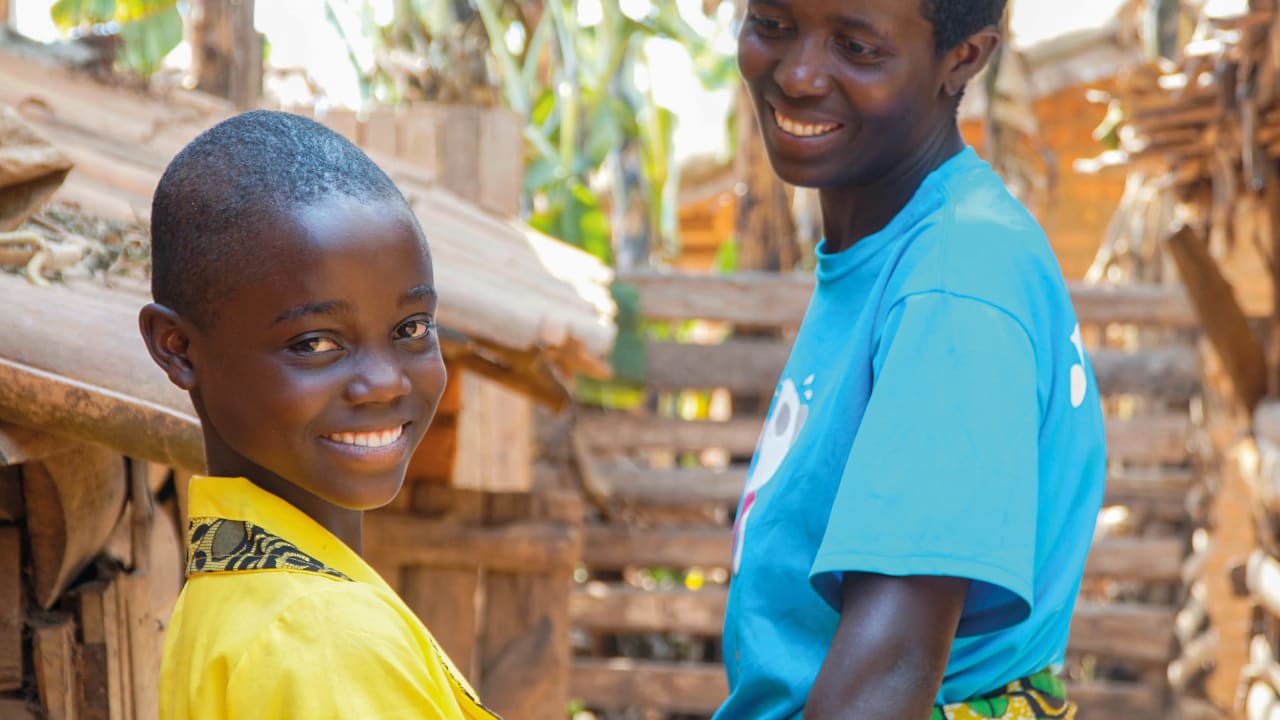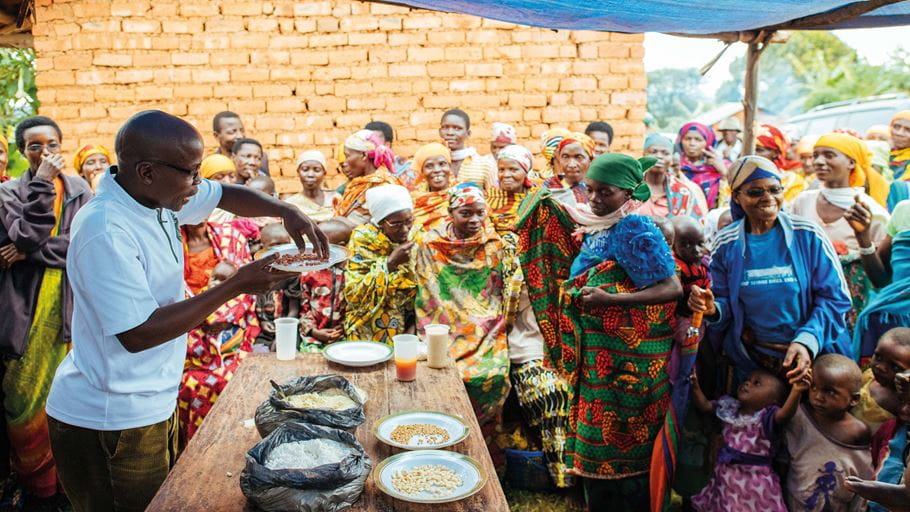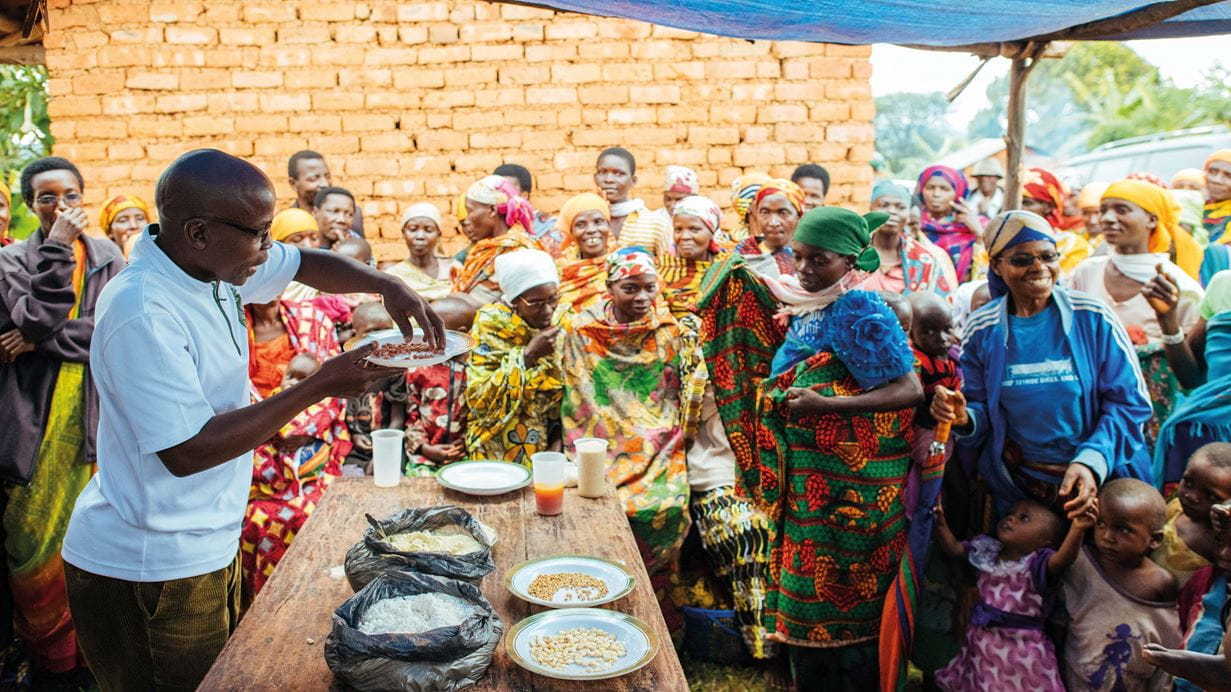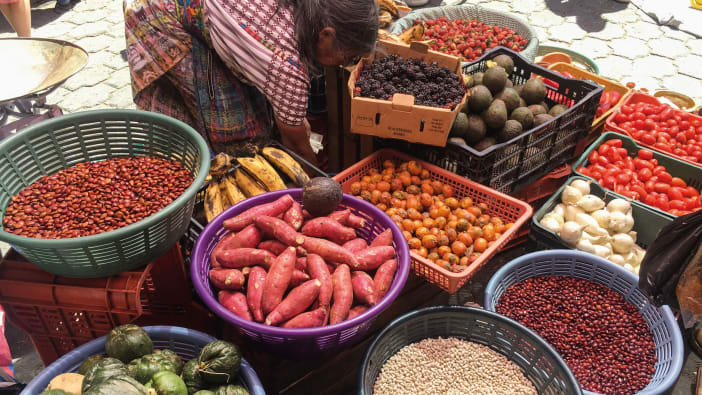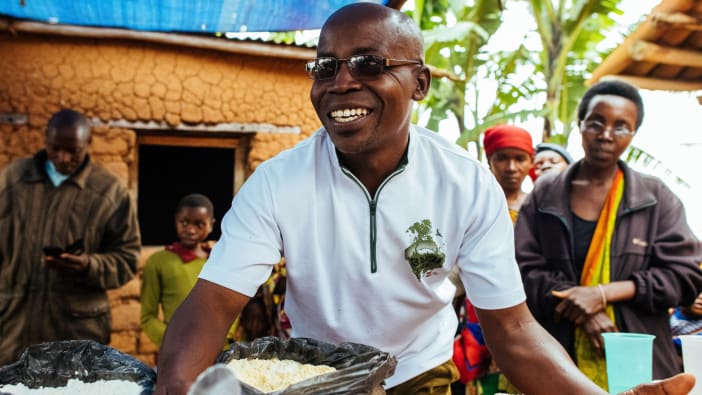At 12 years old, Chanelle is already a young lady. A little shy, she is very bright and knows what she wants to do when she grows up. ‘I want to be a doctor,’ she declares with a big smile.
‘Yes she can!’ affirms her mother, Diane. ‘She is a survivor and I believe that God has great plans for her.’
Diane, her husband and their six children live in Matana, Burundi. They are farmers, but with the pressures of climate change and limited land they often struggle to grow enough food for their family. As a result, ten years ago Chanelle almost died.
‘She was very weak and we did not know what was wrong,’ explains Diane. ‘At the hospital she was diagnosed with severe malnutrition.’


